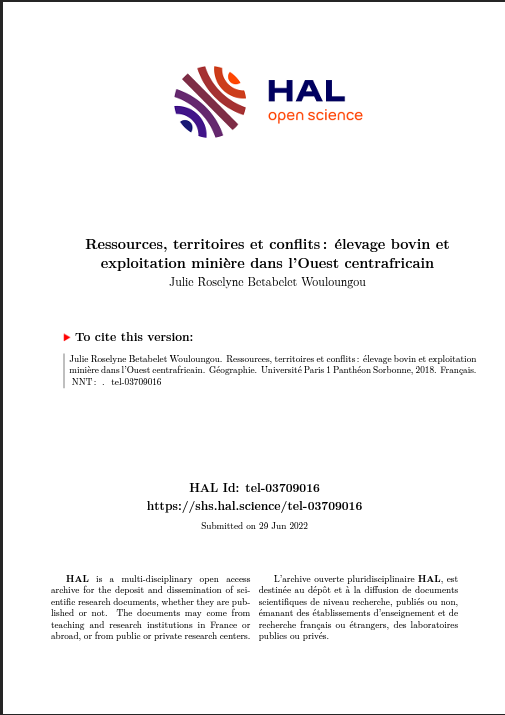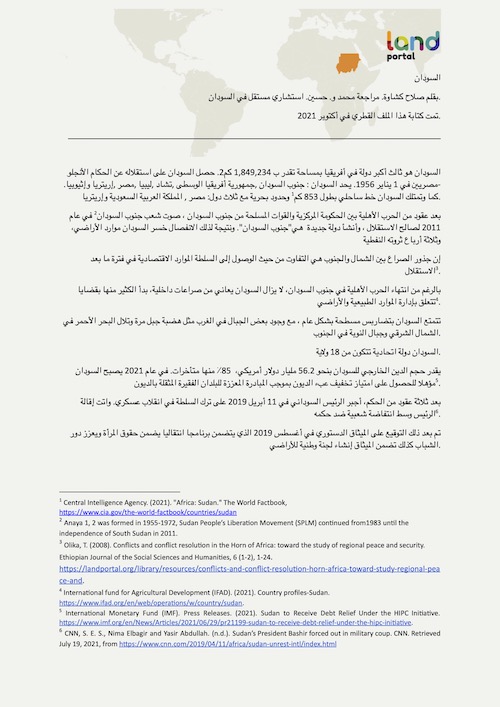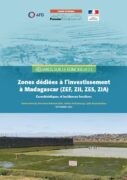Phytosanitary management of ICARDA’s germplasm seed collections for safe movement and better future use
Germplasm exchange from international genebanks and breeding programs is vital for successful crop improvement programs. More than 10,000 different accessions of wheat, barley, lentil, faba bean, chickpea, grasspea, and pasture and forage crops are distributed by the International Center for Agricultural Research in the Dry Areas (ICARDA) every year to around 70 countries. New accessions are added to the germplasm collections in the Center's genebank and utilized in the breeding programs.





